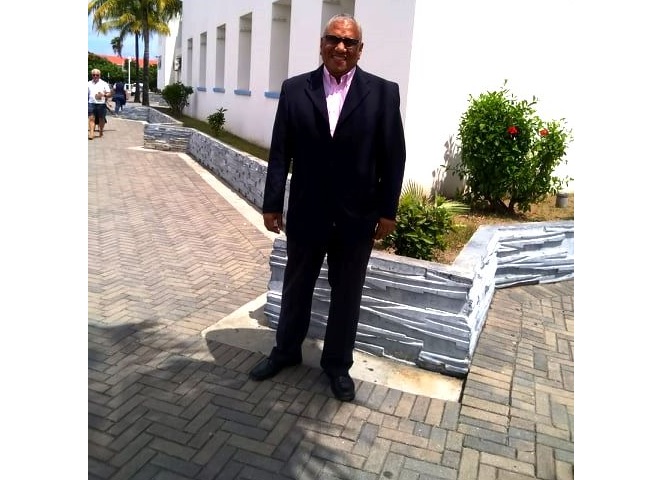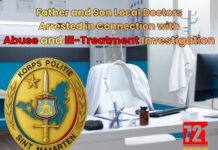Philipsburg, Sint Maarten – In a highly consequential legal development, the Court of First Instance in Sint Maarten has reinstated the civil case Terence Jandroep vs. Sint Maarten Medical Center (SMMC), case number SXM202400625 now SXM202500427 following the discovery of 26 critical omissions in its original verdict.
These findings were exposed by Terence Jandroep, a Colombian Certified Risk Analyst, who is litigating independently in his capacity as a forensic audit litigant.
Jandroep’s forensic Audit revealed that the court had failed to address 17 undocumented medical incidents that occurred during his hospitalization,14 of which took place within a 48-hour period during his COVID-19 treatment. The omissions raised immediate concerns over the court’s impartiality and the medical center’s internal control systems.
Custom Audit Framework Exposed Institutional Failures
To uncover these flaws, Jandroep developed a bespoke forensic audit framework, grounded in international standards to conduct:
- Documentation traceability analysis
- Incident verification and reconstruction
- Root cause analysis of systemic failures
- Governance and compliance mapping
His approach transformed the case from a conventional civil complaint into a structured examination of institutional breakdowns in patient safety, documentation, and legal oversight.
“This wasn’t just about what happened to me. It was about what the hospital didn’t record, and what the court chose not to see,” said Jandroep. “My evidence is not based on opinion, but on standards, traceability, and verifiable failure.”
Court and SMMC Were Unaware of Jandroep’s Expertise
At the outset of the case, neither the Court nor SMMC were aware that Jandroep is a Medical Governance and Chain Supply Security Management expert, with auditing credentials that exceed the evaluative capacity of most legal and healthcare institutions in the region. His filings, unlike standard legal pleadings, relied on evidentiary frameworks designed to detect and trace institutional failure, which the court failed to engage with, until now.
Broader Implications for Governance and Justice
The reinstatement of Terence Jandroep vs. SMMC signals a profound shift in how courts may be required to deal with non-legal but technically grounded evidence. It raises broader questions about how public institutions are held accountable when traditional mechanisms overlook or underweight factual governance failures.
For SMMC, the reopened case introduces serious reputational and compliance risks. For the court, it serves as a test of procedural integrity and responsiveness to structured technical critique.





























